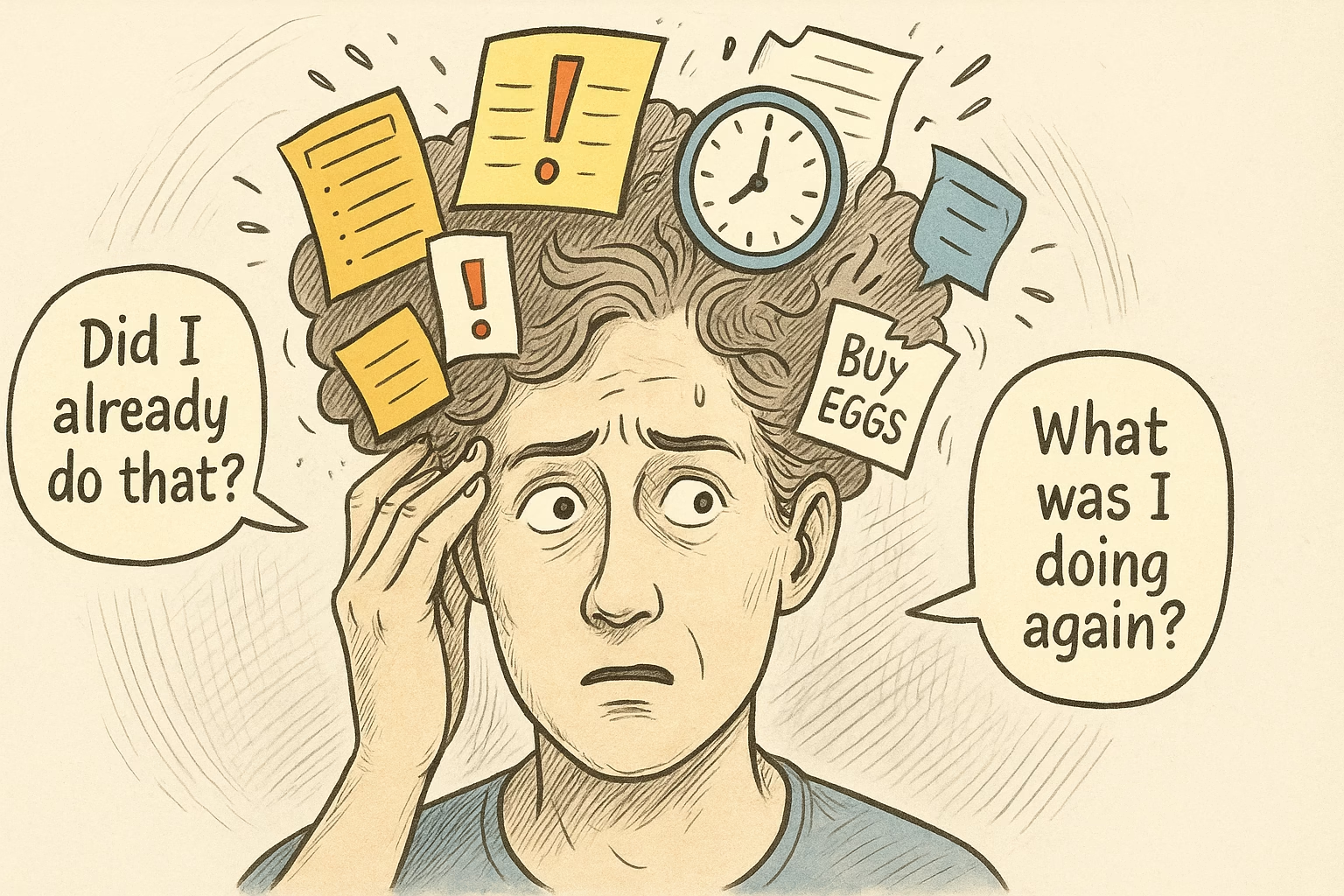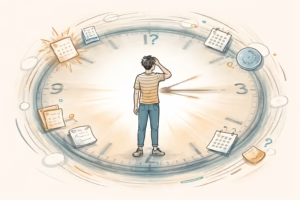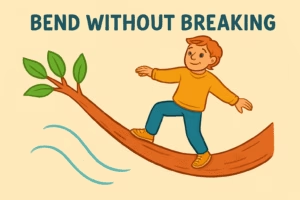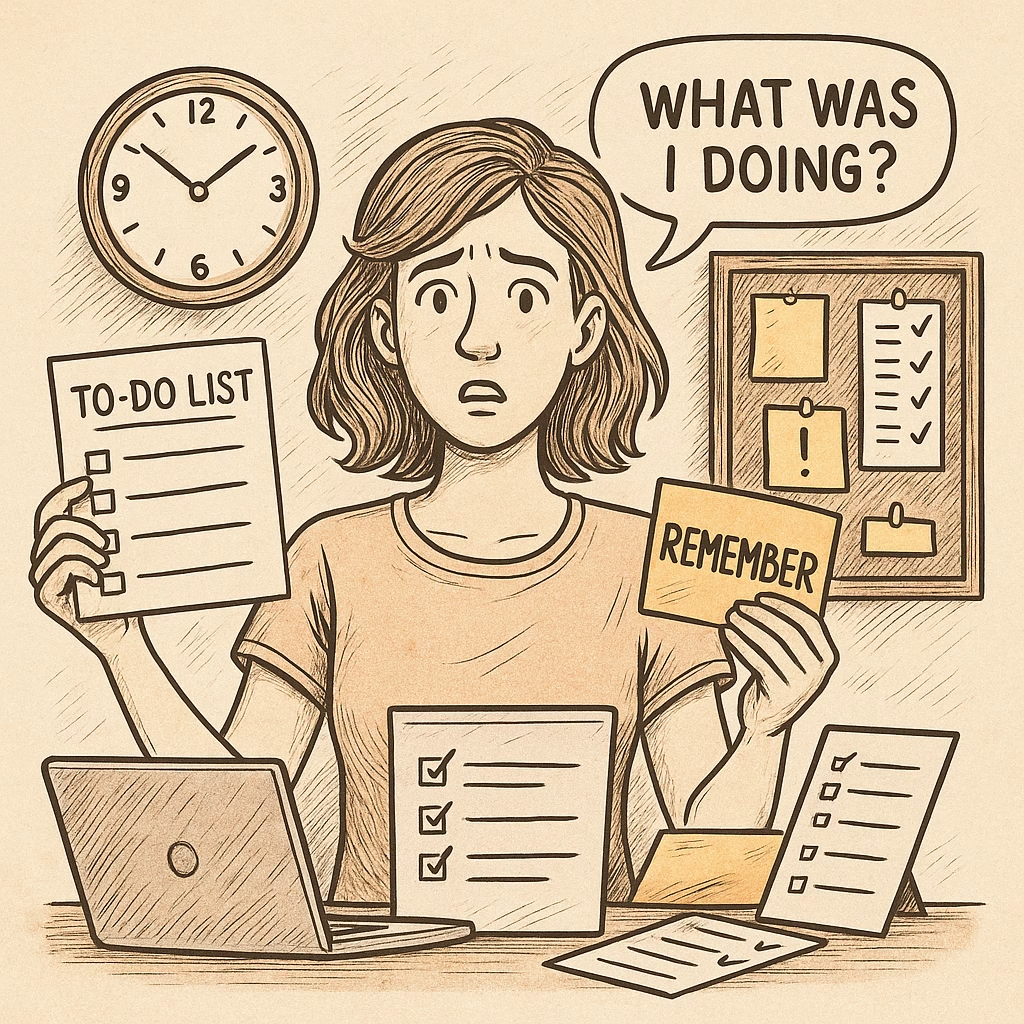
Introduction: Why Can’t I Hold Onto That Thought?
If you’ve ever walked into a room and forgotten why you’re there, or opened a browser and suddenly lost track of what you were going to Google, you’re not alone. These everyday moments are tied to something called working memory—your brain’s ability to temporarily hold and manipulate information to complete tasks. When working memory isn’t functioning at its best, staying organised and on task becomes a major challenge.
What Is Working Memory—Really?
Working memory is like your brain’s mental scratchpad. It helps you keep information in mind for short periods so you can use it immediately. This includes remembering instructions, holding multiple steps of a task, or even finishing a sentence after getting momentarily distracted.
In neurodiverse individuals—particularly those with ADHD—working memory may be significantly compromised, making it harder to manage everyday routines, complete tasks, or stay mentally organised.
How Working Memory Challenges Show Up in Real Life
Working memory difficulties often go unrecognised because they masquerade as forgetfulness, disorganisation, or flakiness. But these issues are neurological, not character flaws.
Here are common examples:
- Losing track mid-task: Starting laundry, then forgetting about it while checking your phone.
- Forgetting verbal instructions: Getting halfway through a multi-step request and blanking on what to do next.
- Mental clutter: Feeling overwhelmed when trying to remember too many things at once—appointments, items to buy, tasks to finish.
The Impact on Task Completion and Mental Organisation
When working memory is taxed, it becomes difficult to sequence and complete tasks efficiently. You may:
- Start multiple things but rarely finish them.
- Avoid tasks that require holding multiple steps in mind.
- Feel easily mentally overloaded, even with simple plans.
This can lead to shame, self-doubt, and exhaustion—especially when others interpret the issue as laziness or lack of care.
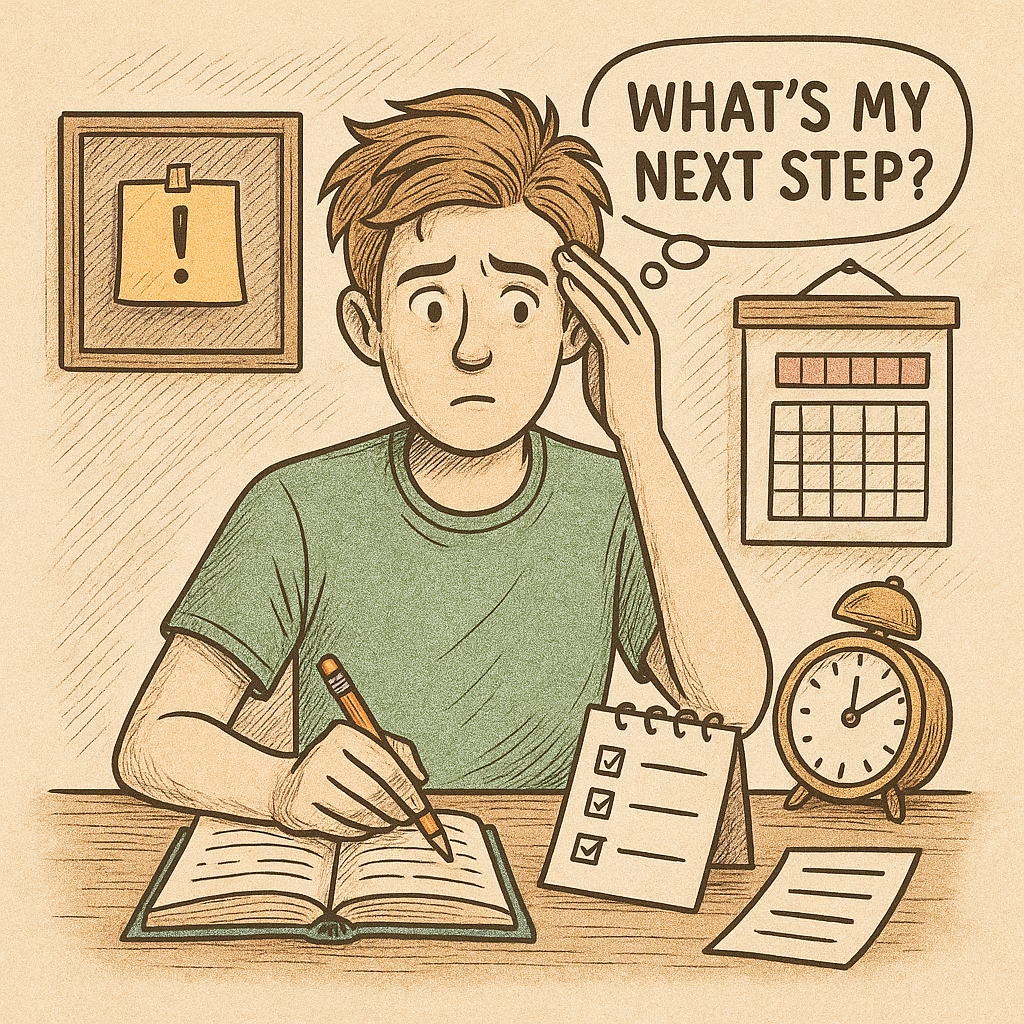
Strategies That Lighten the Load
The key to managing working memory challenges is externalising the information—creating supports outside of your brain so it doesn’t have to carry the full load.
Here are practical tools:
- ✅ Checklists: Great for multi-step tasks like packing, cleaning, or writing.
- ⏰ Timers and alarms: Useful for time-blindness and task-switching.
- 📋 Sticky notes or whiteboards: Keep important info visible and accessible.
- 🔁 Routines and automation: Reduce the cognitive load by turning steps into habits.
- 📱 Voice memos or reminder apps: For on-the-go thoughts that need to be captured quickly.
These strategies are not crutches—they’re supports designed to work with your brain, not against it.
Coaching Tips: Building Self-Awareness First
In ADHD coaching, the first step is always self-awareness. Clients often benefit from:
- Tracking moments of lost attention to find patterns.
- Noticing when their memory “drops out”—e.g., transitions, after interruptions, or under stress.
- Testing tools slowly to avoid overwhelm, starting with one simple external aid at a time.
We reinforce the idea that these tools are part of a strategy ecosystem—not one-size-fits-all solutions.
Conclusion: Outsource to Stay on Course
Working memory isn’t about trying harder—it’s about working smarter. When you recognise it as a core executive function that needs support, you can begin building scaffolding around it with compassion and intentional tools. The goal isn’t perfect recall. It’s better follow-through, less stress, and a clearer mind.

